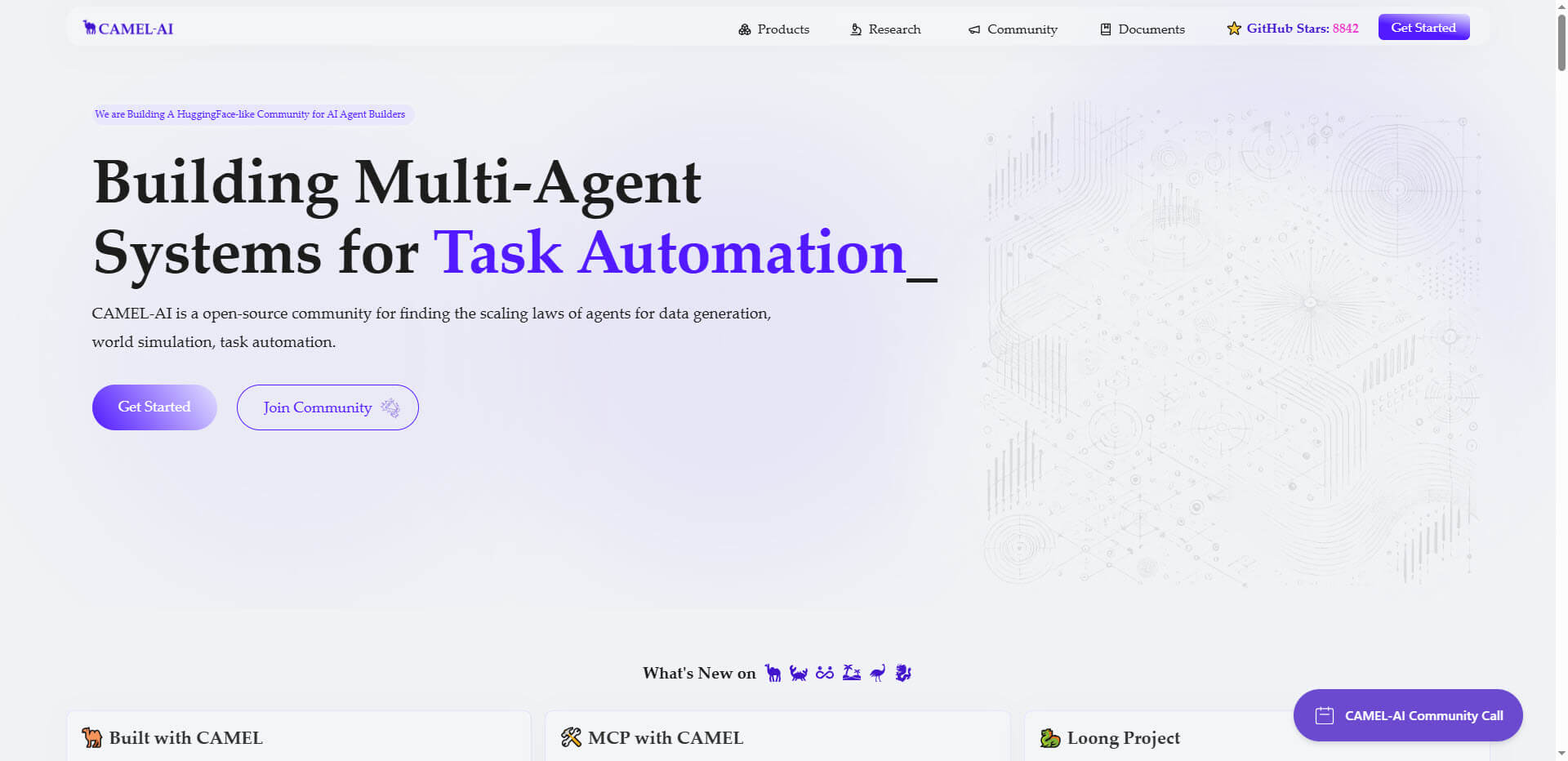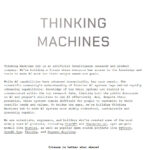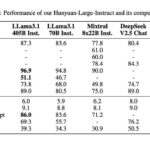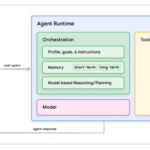The CAMEL-AI open source community has an ambitious goal: to explore the scaling laws of agents through advanced multi-agent frameworks and to set new standards for modeling, analysis and simulation of AI systems. With a structured focus on synthetic data generation, task automation and simulated environments for agent behavior analysis, CAMEL-AI is taking research into a new phase of development.
Three key areas in the focus of research
CAMEL-AI focuses on three essential areas of application:
- Data generation: high-quality synthetic datasets have become increasingly important in AI research. They minimize data protection risks, solve scalability problems and promote the development of robust models. CAMEL-AI uses these concepts to train future-proof agents.
- Task automation: Another main goal is to create autonomous systems that can perform complex tasks efficiently and error-free. These advances could have far-reaching effects, particularly in logistics, healthcare or industrial processes.
- Simulation-based modeling: By implementing advanced virtual environments inspired by OpenAI Gym or DeepMind Lab, CAMEL-AI investigates how agents learn and interact in dynamic environments.
Principles for future-oriented systems
The framework is based on four core principles:
- Evolvability: AI agents can continuously evolve through interactions with complex environments. This property could be instrumental in bridging the gap between specialized intelligence and artificial general intelligence (AGI).
- Scalability: Systems with millions of agents are efficiently supported, opening the door for revolutionary applications in areas such as smart cities and large-scale simulations.
- State storage capability: A sustainable interaction history enables agents to better manage complex, multi-step tasks.
- Code-as-prompt: A structured, easy-to-read programming standard not only promotes human-agent collaboration, but could further pave the way for programmatic interactions based on natural language.
Analysis and importance of development
CAMEL-AI’s research is based on concepts that are scientifically sound and strategically address current challenges in AI research. For example, multi-agent systems are better at solving complex problems than single-agent models. Studies confirm that these systems offer more adaptability and robustness, allowing them to cover a wide range of use cases.
The importance of scalable data and synthetic data generation can also hardly be underestimated in the modern AI context. In an environment where open data sources are limited and often subject to severe restrictions, the generation of synthetic data sets is crucial. The separation between high-quality, artificial data and “real” data is increasingly being bridged by modern CAMEL-AI techniques.
Potential implications for the industry
With its approaches and technologies, CAMEL-AI is strategically positioned at a key point in the AI revolution – the potential for progress in automation and the development of autonomous agent systems is enormous. For example, agent networks based on the principles of CAMEL-AI could contribute efficiently to the simulation of climate and environmental scenarios or the solution of traffic problems.
With a special focus on “code-as-prompt”, CAMEL-AI sets an accent for developers and researchers alike. Code-based inputs for machine systems are a promising perspective for making interfaces between human expertise and machine processes clearer and more intuitive – an approach that is also being strongly promoted in the field of AI program synthesis.
The most important facts about the CAMEL-AI update:
- Multi-agent framework aims to establish immensely scalable systems that support millions of agents simultaneously.
- Core research on synthetic data, autonomous automation and world-simulated scenarios expands AI application fields.
- Principles such as evolvability and state preservation promote the development of more robust and intelligent systems.
- “Code-as-prompt” establishes a bridge between human-machine interaction and efficient agent modeling.
- The long-term effects range from more environmentally friendly smart cities to new approaches in artificial general intelligence.
Source: Camel AI







